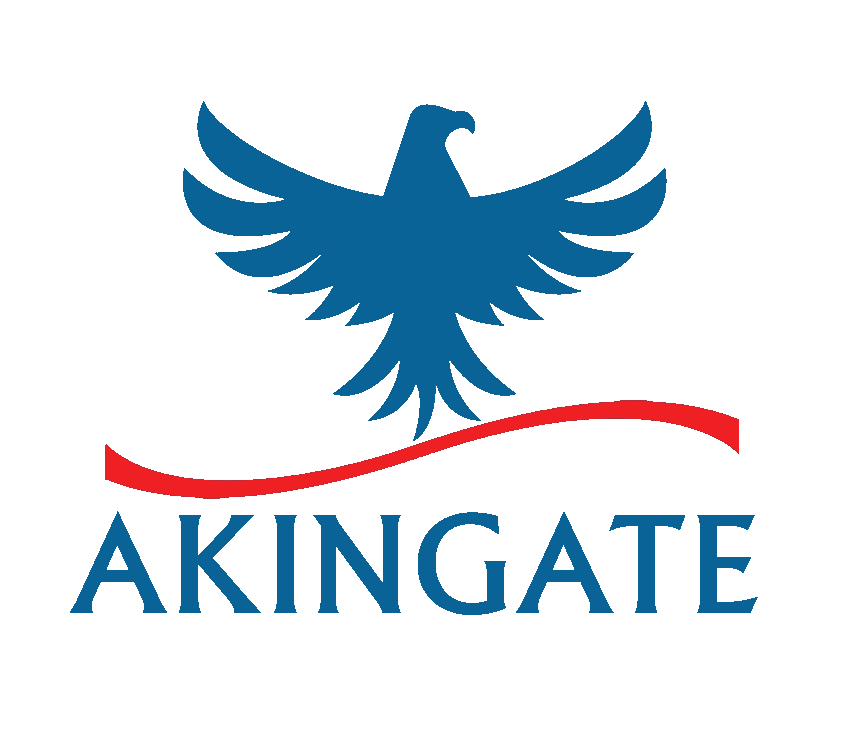The Transport, Distribution And Logistics Industry In Nigeria

An overview of the Nigerian transport, distribution and logistics industry, the use and benefits of technology in the industry. The technological challenges facing the industry and some suggested solutions.
The Nigerian transport, distribution and logistics industry has grown very slowly for so many years. However, it is expected to experience a 4% compound annual growth rate (CAGR) growth. The slow growth that the industry has experienced in the past few years is mainly due to poor infrastructure and logistical issues. There are also issues relating to congestion on roads and delay in customs procedures.
As a result, in 2018, the country ranked 145 of 190 countries in the ease of doing business index and 112 in the 2018 Logistics Performance Index. The recent growth in the Nigerian logistics industry is sparked by significant infrastructural developments in Airways and Railways, growth in the e-commerce sector, developing export and manufacturing sector and improvement in ties with other countries.
Examples of the use of technology
There has been a steady rise in Nigeria’s logistics companies and ride-hailing apps. This rise is primarily related to the technologically induced growth that the e-commerce sector has experienced. It is now possible to track the location of goods on the move on mobile devices.
Different components of data warehousing, data mining, e-retailing and e-commerce, all essential operational elements for the logistics industry, are actively redefined by technology.
Benefits of technological development
Despite still being in its developmental stage in Nigeria, the logistics industry remains one of its fastest-growing industries. As of 2018, the Nigerian logistics sector was valued at 250 billion naira, which is a 50 billion naira rise from its value in 2017. The rapid growth can be attributed to technological innovations of the past decades and how they have opened the industry for growth.
Also, in the last decade, online shopping has become a part of Nigeria and has changed how Nigerians shop. Platform providers for online shopping have provided Nigerians with seamless and easy access to international and local items, including food, books, clothes, toiletries, furniture and electronics. Online shopping alone in 2019 generated $4.88 million in revenue with 20.5% CAGR expected growth for 2019-2023; this would result in a $10.2 million market volume by 2023.
The trends of online shopping in 2019 showed the fashion industry to be the leading arm with user penetration of 52.2% and $1,76 million in transaction volume. This is, however, expected by 2023 to reach 75.2%. Thanks to technology and ease of payments via electronic wallets, debit cards, mobile money and other modes of payment, it is expected that internet penetration is going to help the sector further grow and, in turn, increase the logistics industry.

Technological challenges
Due to the technological deficit facing the Nigerian logistics industry, a significant challenge faced is the inefficiency of customs and seaports services at the ports. The process of customs clearance is manual and slow. This lengthy process increases the time goods stay at ports to pass through inspection, thus increasing operational costs. This is a problem that would not have existed with cargo management systems.
Other significant challenges facing the logistics industry are a huge deficit in infrastructure, unstable electricity and a poor road network. These challenges have led to the inability of the logistics industry to reach its full potential.
Suggested solutions
Some of the upcoming technologies that can be introduced to address the technical deficit and close the gap existing in the Nigerian logistics and transportation industry include:
- Control towers and GPS tracking.
- Warehousing management systems.
- Real-time fuel management systems.
- Cargo management systems.
- Information and communication systems like electronic data interchange (EDI).
How investors can get involved
Infrastructure is essential to the development of the logistics industry. The cost, reliability, cycle time and access are directly impacted by the level of integration and the health of the available infrastructure. To maintain a competitive logistics ecosystem, a strategic and constant upgrade of the infrastructure is needed. The financing for the much-needed infrastructure is where investors can get involved.
For example, the Nigeria Special Economic Zones Investment company is raising a capital of $250 million from different lenders to develop free trade zones in Lagos, Abia and Katsina states. Also, Nigeria is expected to build the Lekki Lagos Airport on a 3,000-hectare plot. Underway is the Lekki Deep Sea Port Project, with a budget of $1.5 billion. Investments in infrastructure are essential for the growth of the logistics sector.
_____________________________________________________________
Copyright © Akingate. All Rights Reserved.
See our copyright notice.
Image Credit: Shipyard photo created by dashu83 – www.freepik.com







